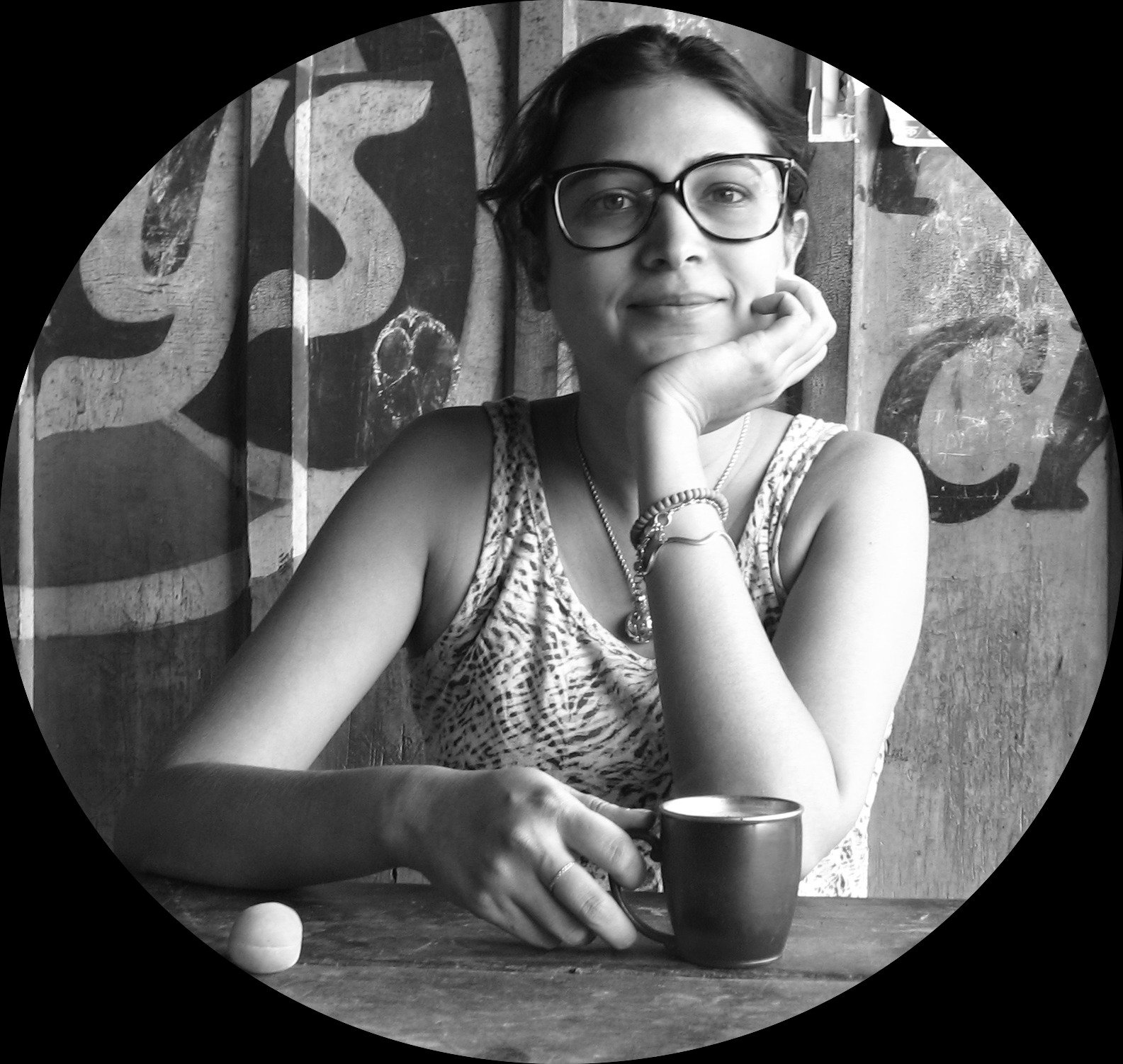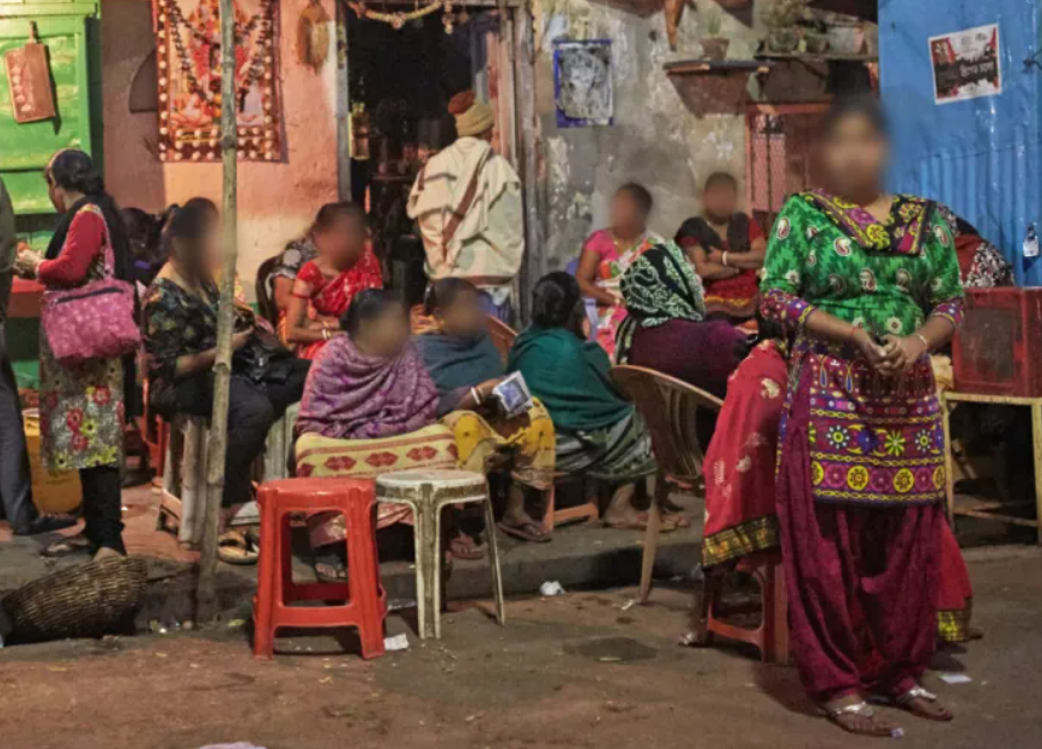ON December 10, 1948 the United Nations General Assembly adopted the Universal Declaration of Human Rights (UDHR) – and since then the day has been marked as #HumanRightsDay. The UDHR is a milestone document that proclaims “the inalienable rights which everyone is entitled to as a human being – regardless of race, colour, religion, sex, language, political or other opinions, national or social origin, property, birth or other status”.
Many of us are still unaware of our basic rights as human beings. Read on to know more about why these rights are intrinsic to us and the organisations that are working to defend them.

Fundamental to being human
Human rights are essential rights and freedoms of each and every person in the world, based on shared values such as respect, dignity, equality, and independence. These values are defined and protected by international law.
The right to life and liberty, freedom from slavery and torture, freedom of opinion and expression, and the right to work and education are among the most basic to human life. Each one of us is inherently entitled to these rights, without discrimination, simply because we are human beings. These fundamental rights are universal and the same for everyone.
Rights eroded by pandemic
The emphasis on upholding and exercising our fundamental rights is much greater now than it has ever been. The present Covid-19 crisis has led to increased poverty, greater inequalities and discrimination the world over. Collective efforts and measures to close these gaps by defending the rights are crucial to creating a just and resilient world post-Covid.
Recovery from this crisis is only possible by protecting and promoting social, economic and cultural rights, following the guiding principles of empathy, equality and non-discrimination. By encouraging participation and solidarity from individuals, governments, corporations, civil society and grassroots communities, we can build a better world. The priority is to ensure the voices of the most marginalised and vulnerable people so that no one is left behind.
5 Human Rights-based Ngos’ impact in India
1. Milaan Foundation is an organization working for an inclusive and equal world for girls. Their continued efforts are empowering young girls from marginalised communities with the knowledge and skills needed to pursue their dreams and realise their potential. These girls become influencers within their communities and enable more girls to break free from illiteracy and poverty. So far, 40,000 children and their communities have benefited through Milaan Foundation. To support Milaan Foundation, you can donate here.

2. Acid Survivors Saahas Foundation supports acid-attack victims in getting their treatments, medicines, ration, and household needs met. They also provide educational and employment assistance, rental aid and monthly distribution of funds. Founded in 2016 by Daulat Bi Khan, an acid-attack survivor, this humble initiative began with the goal of “Empowering Acid Victors” who courageously braved this horrendous crime. This Mumbai-based foundation, which began with supporting 3-4 acid victims, today assists over 50 victims across four states in India. To support Acid Survivors Saahas Foundation, you can donate here.
3. Kat Katha works with women living in brothels, who were trafficked/forced into sex work. It helps in creating safe spaces and better life choices for women and their children. Their vision is to ‘End forced sex work’ and help those rescued live a life of their own choice and pursue their dreams with dignity. In the last eight years, Kat-Katha has worked with 1,500 trafficked women and 200 children and supported initiatives for their education, health awareness, counselling, and skill development. To support Kat Katha, you can donate here.

4. Majlis Manch started in 1991 to defend women’s rights and provide ‘Access to Justice for all women’. Headed by Advocate Flavia Agnes this all-women team comprising lawyers and social activists work towards bringing a social change. They protect the rights of individual women through legal counselling and representation, create awareness about laws and legal avenues available to women and ensure that no discriminatory laws against women are passed by initiating public interest litigation and policy-level interventions. To support Majlis Manch, you can donate here.
5. Committee for Legal Aid to Poor (CLAP) works to advance human rights through the use of the legal system. It renders legal services pro-bono to the marginalised, creates access to justice and undertakes advocacy for legal reform. It originated to broaden the horizon of legal services for the promotion, protection, and enforcement of human rights. To support Committee for Legal Aid to Poor (CLAP), you can donate here.
Support their work
This #HumanRightsDay let us remind ourselves that rights are the essence of a just and fair society. It is an occasion to educate ourselves and to mobilize resources to support those restoring fundamental rights through social and economic initiatives.
These organisations are working relentlessly to fight social and gender inequalities. Your donations are critical in helping them continue their groundbreaking work. Even the smallest of contributions will make a big difference.
This blog was updated in December 2023.
–
Give’s mission is to “make giving bigger and better.” Give is the most trusted donation platform in India for fundraisers and crowdfunding campaigns. Through our technology solutions, we enable individuals and organisations to fundraise and donate to a cause, charity or NGO with trust and convenience. Give’s community of 2.7M+ individual donors and 300+ organisations supports 3,000+ verified nonprofits with 80G deduction and serves 15M+ people across India. Find a fundraiser today!

Samar is a Marcoms specialist and freelance writer. She has a master’s in marketing and creativity from ESCP Business School. She is an avid traveller and likes to write about technology, travel, wildlife and sustainability.
Discover more from
Subscribe to get the latest posts sent to your email.

